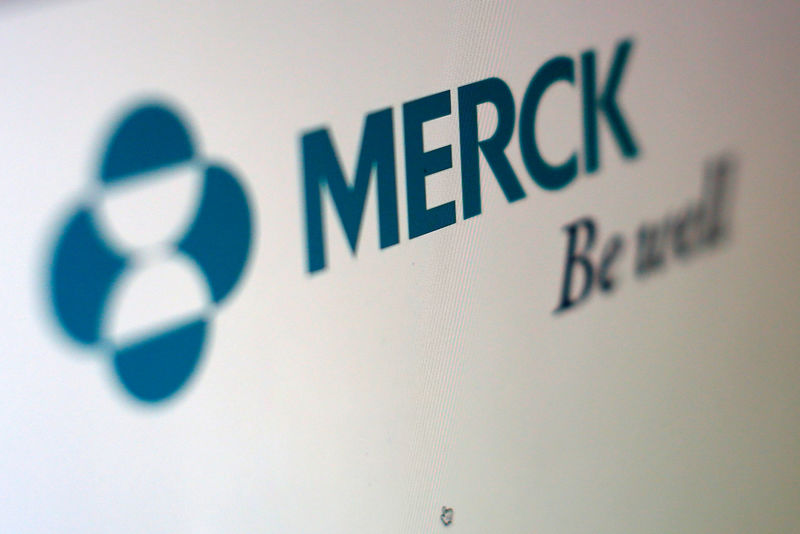(Reuters) - Merck & Co Inc's (N:MRK) quarterly profit blew past analysts' estimates on Friday as demand surged for its key immuno-oncology drug, Keytruda, and the company reined in expenses.
The company's shares were up 1.3 percent at $64.50 in premarket trading.
Sales of Keytruda, which works by taking the brakes off the immune system, nearly tripled to $881 million in the second quarter, handily beating consensus estimates of $777 million, according to Barclays (LON:BARC).
First approved in 2014 to treat melanoma, Keytruda has since won approvals to treat lung as well as head and neck cancer and is being tested against other cancers.
The drugmaker's position as the market leader in previously untreated lung cancer was bolstered on Thursday after AstraZeneca Plc (L:AZN) said its combination of two injectable immunotherapies failed to help patients as hoped in a closely watched advanced lung cancer trial.
Merck said on Friday it does not yet know the magnitude of the impact of a hacking in June and was restoring its manufacturing operations.
The drugmaker narrowed and raised its full-year revenue forecast to a range of $39.4 billion to $40.4 billion, reflecting the company's efforts to restore operations.
Merck also reduced its full-year profit forecast to between $1.60 per share and $1.72 per share due to the inclusion of licensing expenses related to its deal with AstraZeneca.
The company on Thursday agreed to pay AstraZeneca up to $8.5 billion under an oncology collaboration agreement to study cancer drug combinations using the British drugmaker's ovarian cancer drug, Lynparza.
Merck maintained its full-year adjusted profit forecast.
Net income attributable to Merck rose to $1.95 billion, or 71 cents per share, in the second quarter, from $1.21 billion, or 43 cents per share, a year earlier.
Research and development expenses fell about 19 percent to $1.75 billion.
Excluding items, Merck earned $1.01 per share, above analysts' average estimate of 87 cents, according to Thomson Reuters I/B/E/S.
Sales inched up about 1 percent to $9.93 billion, largely due to loss of market exclusivity for several products and lower sales of its diabetes drugs.

Analysts on average had expected $9.75 billion.